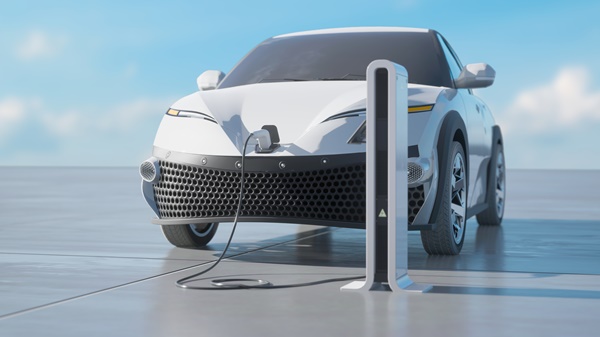
Worldwide automotive semiconductor sales will contract 9.6% this year to US$38 billion, according to market research firm IHS Markit.
However, this is better than IHS Markit’s early estimation that sales will contract by 20% compared to 2019 due to low demand caused by the COVID-19 pandemic.
High demand for electric cars and increased average sales price of cars due to factories temporarily shutting down are the causes of the brighter outlook.
Electric cars and hybrid cars were more expensive compared to fuel-run cars in the same tier but consumers were preferring them more, IHS Markit said.
Electric cars have more power semiconductors such as traction motor inverter and DC-DC converter compared to cars running on combustible engines.
Semiconductors companies selling automotive chips saw their earnings recover in the third quarter compared to the second quarter.
Infineon posted around 1 billion euros in sales in the third quarter, a 29% increase from the previous quarter. Automotive chips account for 43% of its sales.
The company said last month that the automobile market was recovering fast in China and South Korea, while demand for electric vehicles in expected to increase in the long-term in countries like Germany and France thanks to subsidies.
Texas Instrument has also previously said automobile industry hit bottom in May but has recovered to similar levels to a year ago now. Its analog semiconductor business, which includes automotive semiconductors, saw sales increase 18% in the third quarter compared to the previous quarter to US$2.8 billion.
Renesas Electronics also said its automotive business saw sales increase 9.5% in the third quarter compared to the second quarter to 79.6 billion yen. STMicroelectronics also saw sales increase 17% in the same time period to reach US$851 million. Automotive chip accounted for 32% of its sales.
IHS Markit expects worldwide automotive semiconductor market to grow 7% on average a year from 2019 to 2026. Sales will reach US$67.6 billion in 2026, it said.


